
A new NEJM perspective argues that rethinking health care work design can improve patient safety and physician well-being.

Austin Littrell is associate editor of Medical Economics.

A new NEJM perspective argues that rethinking health care work design can improve patient safety and physician well-being.
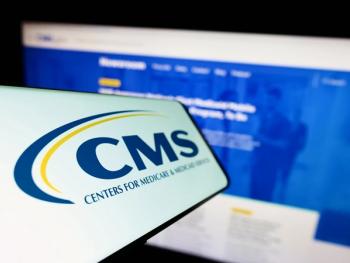
The agency says early termination could save taxpayers $750 million, but it raises concerns for primary care providers.


Study finds primary care physicians frequently log into electronic health records during PTO, though longer vacations may help them disconnect.


A new study explores patient satisfaction with AI-generated responses, prompting ethical debate over disclosure in health care communications.

New Rutgers Health research highlights disparities in care and patient-provider interactions.


Researchers compare patient engagement strategies to improve genetic testing uptake in primary care practices.
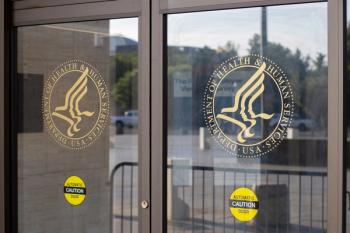
The Department of Health and Human Services initiates voluntary separation incentives as part of federal cost-cutting measures.


New research highlights a sharp increase in physician departures following private equity acquisitions, raising concerns about workforce stability and patient care.
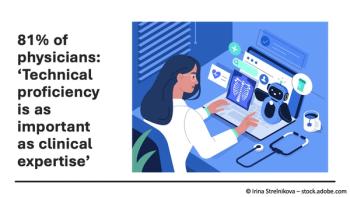
Physicians spend an average of 22 personal hours per month learning about new health care technology, says Sermo survey.

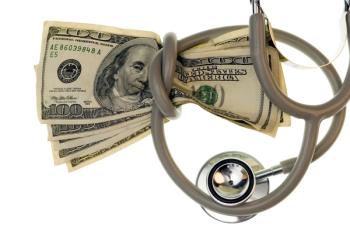
West Health and Gallup survey highlights growing concerns over medical debt across income and demographic groups.
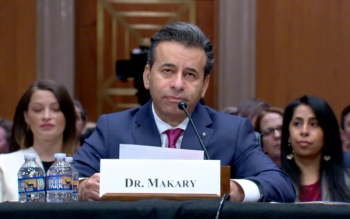
HELP Committee Senators press Trump’s FDA pick on the cancelled vaccine advisory meeting, mifepristone access, transparency and agency layoffs.

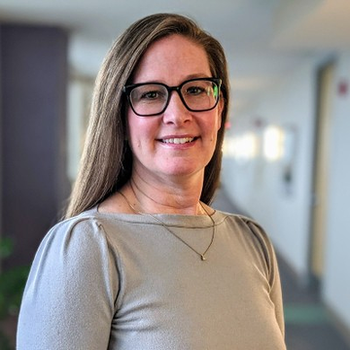
Andrea Greco, SVP of healthcare safety at CENTEGIX, sat down with Medical Economics for an exclusive Q&A.

A Florida Atlantic University study paired high school students with older adults to improve tech literacy and health tracking.
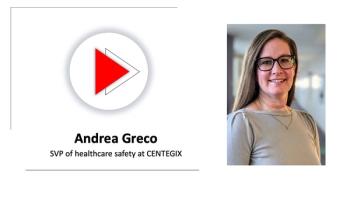
Andrea Greco, SVP of healthcare safety at CENTEGIX, talks about keeping your practice safe — and how failing to do so can impact patient care.


The transaction positions Wellvana as a leading value-based care enabler, extending services to approximately one million Medicare patients across 40 states.

Poor patient-clinician communication worsens care delays, especially for younger adults and racial minorities.

Andrea Greco, SVP of healthcare safety at CENTEGIX, shares the key factor in practice safety.


Johns Hopkins analysis suggests telehealth may contribute to disparities in mental health care access across economic groups.

A study, published in JACC Advances, highlights potential for early heart failure detection in primary care, thanks to AI.
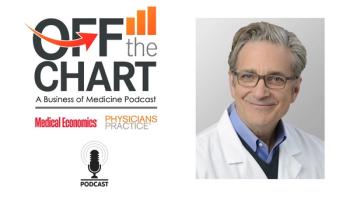
Norman K. "Kip" Beals III, MD, joins the show to discuss the evolving landscape of health care reimbursement — and how physicians can weather the storm.
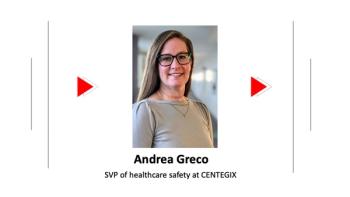
Andrea Greco, SVP of healthcare safety at CENTEGIX, explains what practices should keep in mind moving forward in regards to workplace safety.
